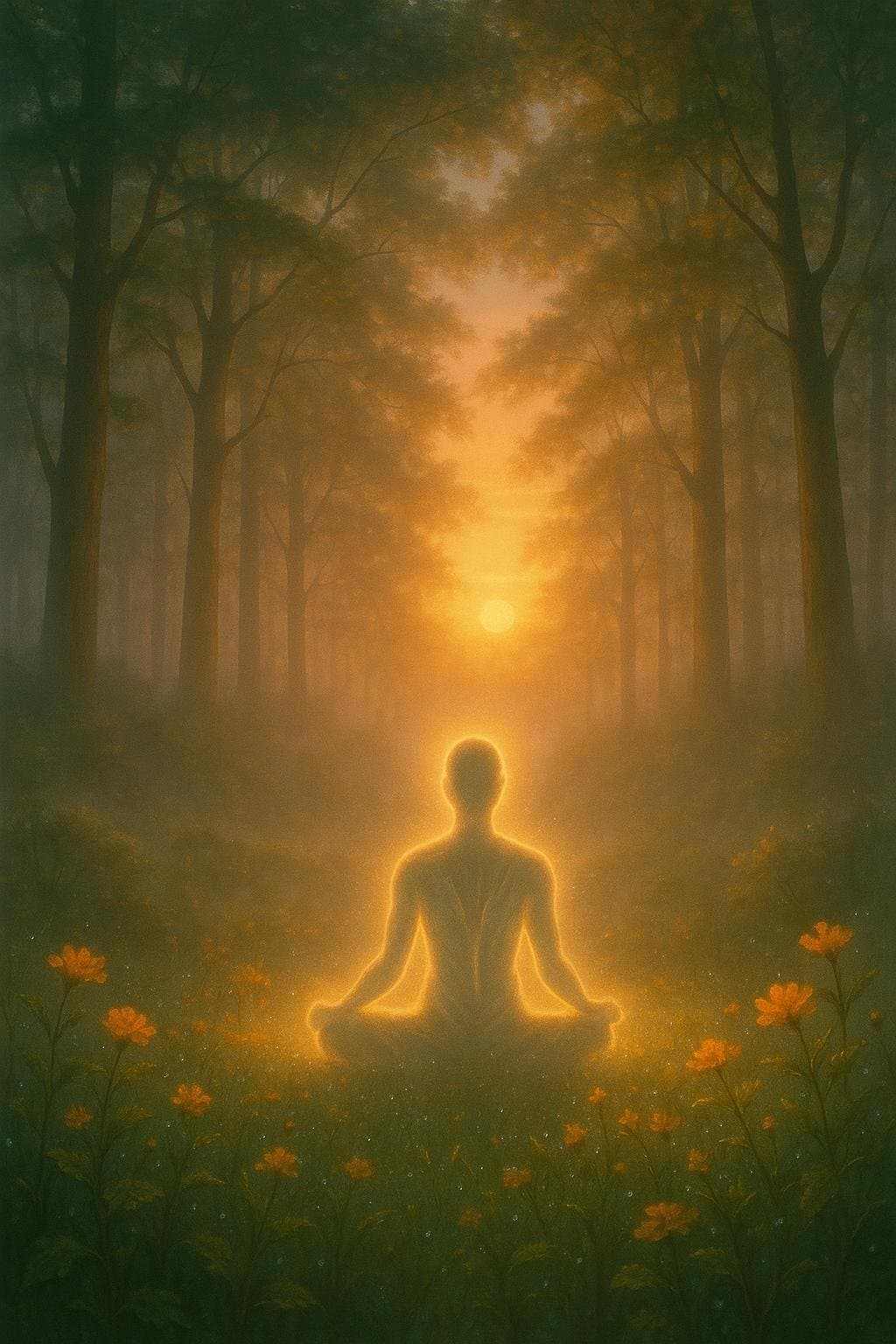Awakening the Mutual Connection Between Self and Nature

By awakening nature in ourselves, we awaken ourselves in nature. — Eckhart Tolle
Rediscovering Our Place in the Natural World
Eckhart Tolle’s reflection begins by turning our attention inward: he suggests that the process of awakening nature within ourselves is inseparable from rediscovering our own identity. Modern life often separates us from the earth that sustains us, but Tolle encourages a homecoming—reminding us that our innermost being and the outer world are deeply intertwined. This approach resonates with Indigenous cultures, for whom identity and land are inseparable elements of existence.
Seeing Ourselves Reflected in Nature’s Rhythms
As we awaken nature within, we start discerning the rhythms of renewal, growth, and transformation mirrored both in ourselves and in the environment. Consider the Japanese tradition of 'shinrin-yoku' or forest bathing, where mindful immersion in nature is believed to reduce stress and enhance clarity. In this way, our own states of mind often reflect the cyclical changes we observe in the natural world—highlighting the profound feedback loop between our consciousness and our surroundings.
Ecological Awareness and the Extended Self
Moving deeper, the awakening referenced by Tolle points toward a broader ecological awakening. Environmental philosophers like Arne Naess have spoken of the 'ecological self,' an expanded sense of identity rooted not only in individual experience but also in interconnectedness with all living things. When we perceive the unity between our inner being and nature, stewardship and empathy for the planet emerge naturally—making environmental care not just a value, but a lived extension of self-compassion.
Mindfulness as a Bridge Between Self and Nature
Tolle’s teachings often emphasize mindfulness—the act of being fully present in the moment. By practicing mindfulness in natural settings, such as sitting quietly by a stream or observing the unfolding of leaves, we dissolve the boundaries between the observer and the observed. As Henry David Thoreau noted during his time at Walden Pond (1854), immersion in nature sharpens awareness and dissolves the myth of separateness, accelerating both personal and ecological awakenings.
Cultivating Mutual Flourishing
Finally, awakening nature within ourselves creates space for reciprocal flourishing: as we nurture and respect the environment, we inevitably nourish our own well-being. This cyclical relationship calls us to actively tend both our inner landscape and the outer world—recognizing, as Tolle implies, that healing and growth are shared journeys. In protecting nature, we not only secure the planet’s vitality but also awaken hidden dimensions of our humanity.